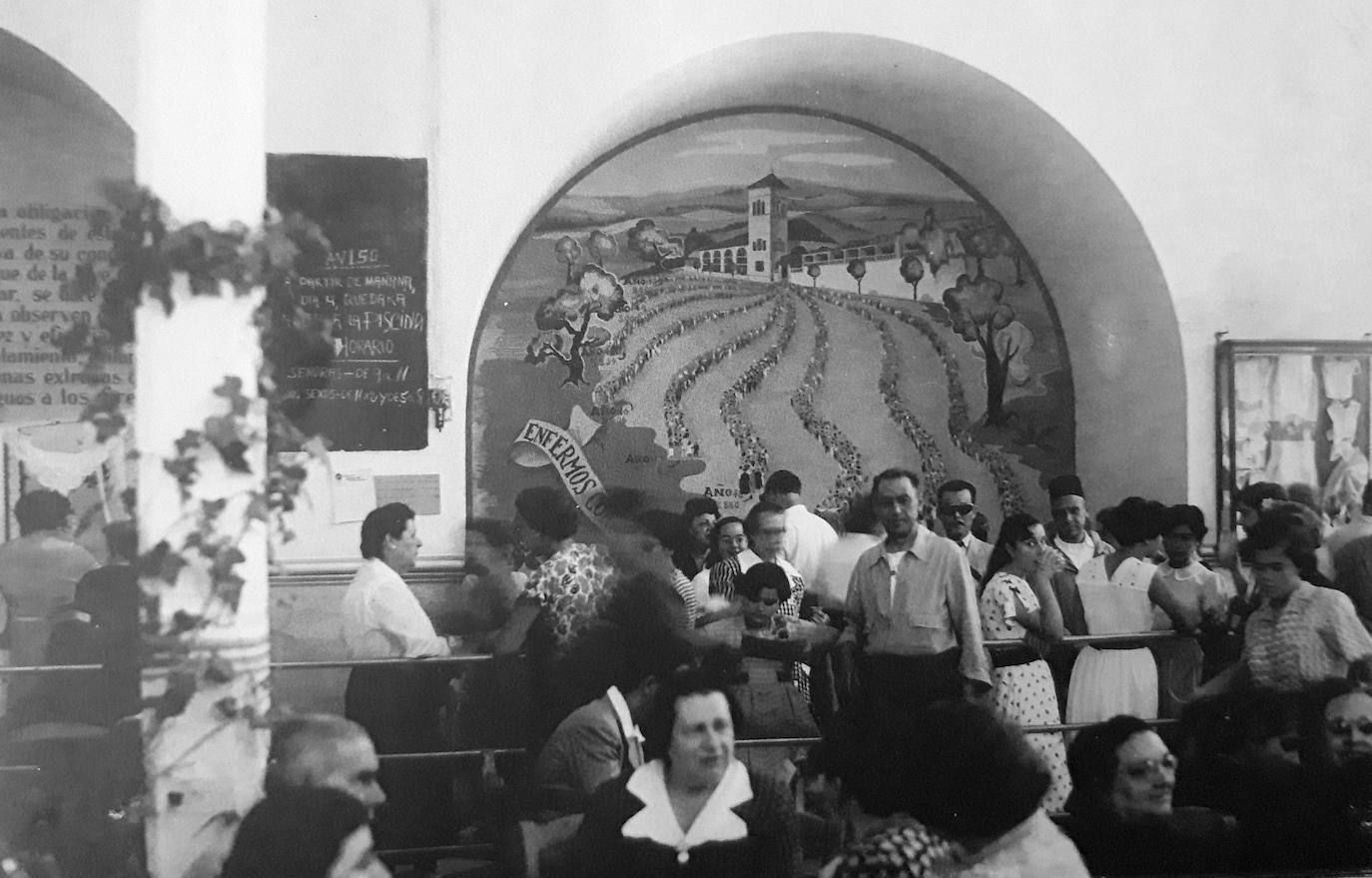Somebody was asking on Facebook – is it easy to move to Spain and get a job? I answered with that old chestnut: ‘the only way to make a small fortune here, is to start with a large one’ (cue laughter and approval from the usual suspects).
For Northern Europeans, their money here is good – after all, whose isn’t? One can buy something, a car, a box, a shirt or a meal – as long as they take it away with them shortly afterwards. A house though, and here’s the problem, it doesn’t move.
In the old days, when houses sold for pocket-change (I once foolishly failed to buy a large apartment in front of the Royal Palace in Madrid for the equivalent of 36,000€), the money was welcome enough, but now we have los nietos, the grandchildren, saying ‘Oh, why did abuelo sell that farm to the ingleses all those years ago for just a million pesetas?’
‘And they still don’t speak Spanish or help us with the olive-pickin’.
It’s probably a small gripe.
We open a bar, but only our fellow foreigners come and drink in it. A local story goes that Gordon – who had run La Sartén since God was a Boy – was feeling seedy and, one thing and another, he hadn’t been around for a few days to the nearby Gabila’s for his morning carajillo.
‘What’s up’, asked El Gabila, in that slow Spanish which is reserved for foreigners after bumping into Gordon one day in the supermarket, ‘why haven’t you been to my bar in the last week?’
‘Well’, asked Gordon reasonably, ‘why haven’t you ever been to mine?’
Our Facebook friends who want to move here from the UK might want to take note.
If they open a bar, they will compete with all the other guiris for the tourist trade, and if they stay open in the winter, then they can expect that the expats will drift in once the sun disappears (around half past five); but they won’t get the local trade – and nor indeed will the restaurants (although my mate Juan used to agree enthusiastically with me about ‘los fish y pips’ down at Mervyn’s).
So some of us turn to plumbing (no Spaniard would employ a British plumber – for two reasons – only the second being the paperwork), or they seek work as a mechanic, or a psychologist or a set designer. Maybe a crooner down at the campsite. How about an air traffic controller as somebody was asking today on Fb (after all, she points out, I speak pretty good Spanish)?
Of course, some of us do make a living: real estate or selling adverts or house-cleaning or putting in satellite systems, but our clients will all be fellow-foreigners.
The best way to live in Spain is with money coming in from abroad. Either a decent pension, or an income from business interests or, hey, even a monthly remittance from an angry parent… It’s all good.
Maybe one can swing one of those working-from-one’s-computer jobs from a nice place in Mallorca. These days, it all done on the phone…
If all fails, we must turn our talents to other ends. Ripping off gullible people is so easy (‘Ah yes, I speak the lingo, I’ll get you a deal’).
You see those stories every week in the local free press.
But we will have to prey on
our own nationals, because Spaniards won’t fall for it. Then, if things turn out badly,
there’s always the panicked ‘midnight runner’. Load the car, and head for the frontier.
‘How’s Bob, I haven’t seen him in a while… Say, isn't that his cat?’
Over the years, the times I’ve been swindled here has always been by fellow Brits. On one occasion, it was for quite a lot.
But don’t let me put you off. Spain is a great place to live; it’s just not a great place to make money.


